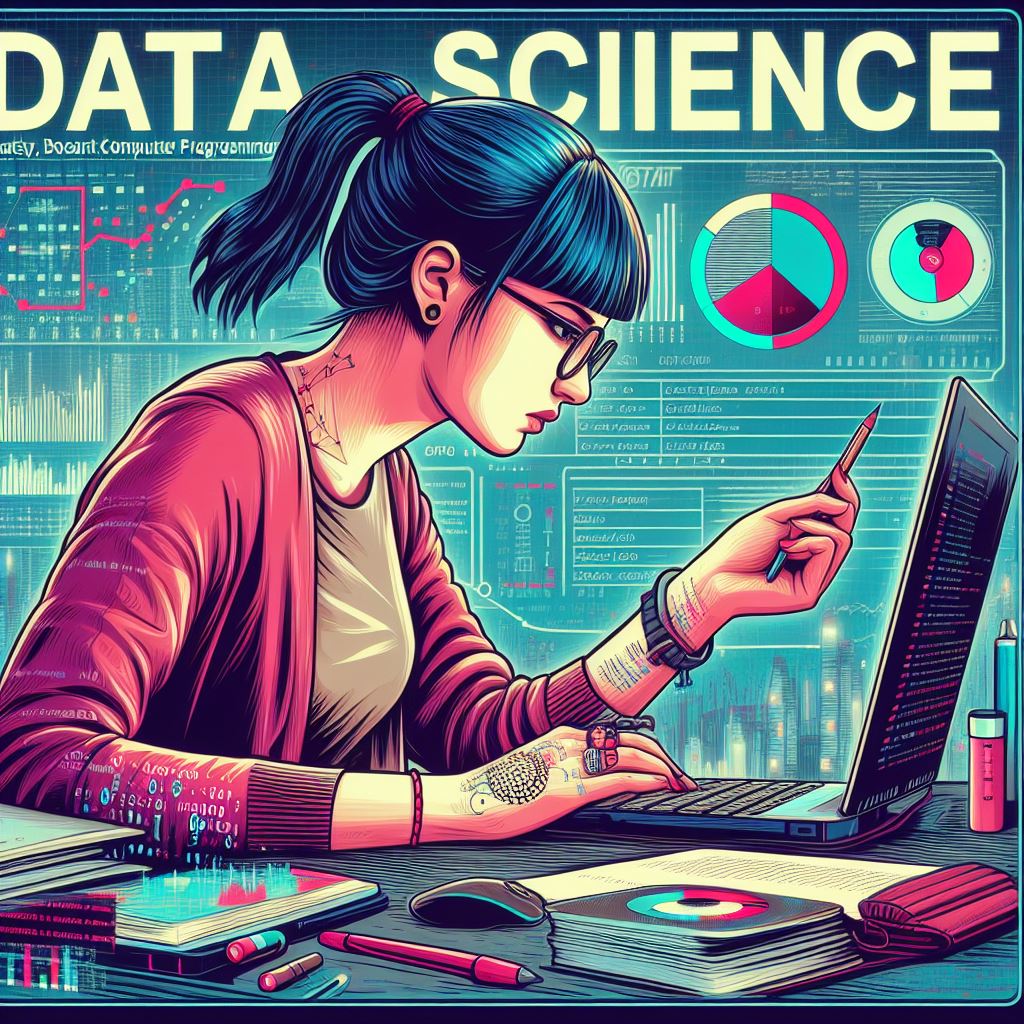The automotive industry has undergone dramatic changes over the past few decades, and data science is at the heart of this transformation. From self-driving cars to predictive maintenance and enhanced customer experiences, data science is providing solutions that are reshaping the way cars are designed, manufactured, and used. In this article, we will explore how data science is impacting the automotive sector, its key applications, and the future trends that are expected to drive innovation in the industry.
1. Predictive Maintenance:
One of the most promising applications of data science in the automotive industry is predictive maintenance. By analyzing data collected from various sensors embedded in a vehicle, automotive companies can predict potential failures before they occur. This enables car owners and fleet managers to perform maintenance tasks proactively, reducing downtime and preventing costly repairs. For example, by monitoring engine temperature, tire pressure, and battery life, predictive models can anticipate when a component is likely to fail and recommend preventive actions.
2. Autonomous Vehicles:
Self-driving cars represent one of the most significant innovations in the automotive industry. Data science plays a crucial role in making autonomous vehicles a reality. By collecting and analyzing vast amounts of data from sensors, cameras, and other sources, data scientists are developing algorithms that enable cars to understand their surroundings and make real-time decisions. Machine learning models help improve the accuracy of object detection, path planning, and collision avoidance, making self-driving cars safer and more efficient.
3. Enhanced Driver Assistance Systems (ADAS):
Advanced Driver Assistance Systems (ADAS) are another area where data science is making a major impact. ADAS technologies, such as lane-keeping assistance, adaptive cruise control, and automated parking, rely heavily on data analysis to improve driver safety and convenience. By processing data from radar, lidar, cameras, and other sensors, data science models help these systems make split-second decisions to prevent accidents and provide a smoother driving experience.
4. Supply Chain Optimization:
Data science is also transforming how automakers manage their supply chains. By analyzing data from suppliers, production lines, and inventory systems, companies can optimize manufacturing processes and reduce costs. Predictive analytics help manufacturers anticipate demand, manage production schedules, and prevent bottlenecks. This results in more efficient production processes, lower inventory costs, and quicker delivery times for customers.
5. Customer Personalization:
The automotive industry is also using data science to enhance customer experiences. By analyzing data from customer interactions, purchase histories, and driving patterns, manufacturers can offer personalized recommendations and tailored marketing campaigns. Data science models help create customer profiles that predict what features, car models, or services they might prefer, improving sales and customer satisfaction. Additionally, data-driven insights are being used to improve the design of vehicles, ensuring that new models align with customer preferences and trends.
Future Trends in Automotive Data Science:
As data science continues to evolve, new applications and innovations are expected to emerge. Machine learning models will become even more accurate, enabling vehicles to make better decisions in real-time. Additionally, the integration of artificial intelligence (AI) and the Internet of Things (IoT) will further enhance the capabilities of connected vehicles. With 5G connectivity, cars will be able to communicate with each other and with infrastructure, opening up possibilities for smarter cities and better traffic management.
The automotive industry is only scratching the surface of what data science can achieve. As more data becomes available, and as machine learning and AI technologies continue to advance, the future of cars will be shaped by even greater innovation. From self-driving cars to personalized customer experiences, data science is undoubtedly playing a pivotal role in the future of mobility.
5
